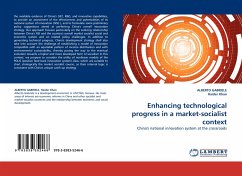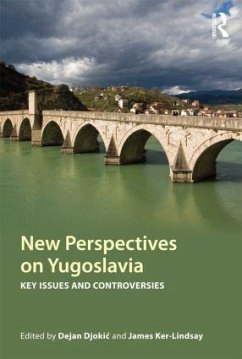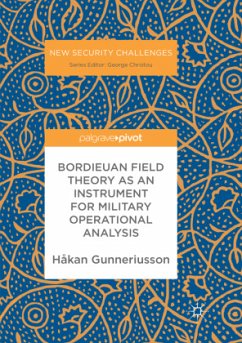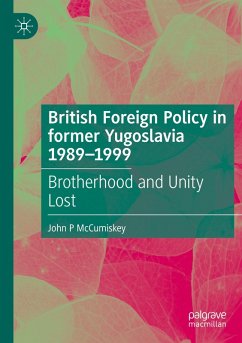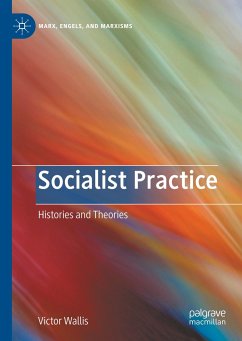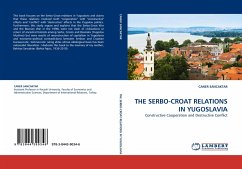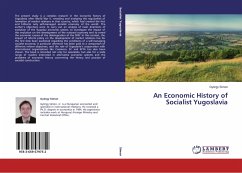
An Economic History of Socialist Yugoslavia
Versandkostenfrei!
Versandfertig in 6-10 Tagen
47,99 €
inkl. MwSt.

PAYBACK Punkte
24 °P sammeln!
The present study is a complex research in the economic history of Yugoslavia after World War II, revealing and analyzing the regularities of formation of market relations in that country, which had created the first and hitherto only self-managed socialist economy of the world. The author's objectives were to carry out an analysis of main directions of evolution of the Yugoslav economic system, to investigate the impact of this evolution on the development of the national economy and to reveal the economic causes of the disintegration of the SFRY. In this context, the impact of reform policy ...
The present study is a complex research in the economic history of Yugoslavia after World War II, revealing and analyzing the regularities of formation of market relations in that country, which had created the first and hitherto only self-managed socialist economy of the world. The author's objectives were to carry out an analysis of main directions of evolution of the Yugoslav economic system, to investigate the impact of this evolution on the development of the national economy and to reveal the economic causes of the disintegration of the SFRY. In this context, the impact of reform policy on the development of market relations has for the first time been examined regarding the conditions of a self-managing socialist economy. A particular attention has been paid to a comparison of different reform objectives, and the role of Yugoslavia's cooperation with international organizations like Comecon, EC and EFTA has also been shown. The book is intended not only for specialists, but also for a wide range of readers interested in alternative economic systems and the problems of economic history concerning the theory and practice of socialist construction.





